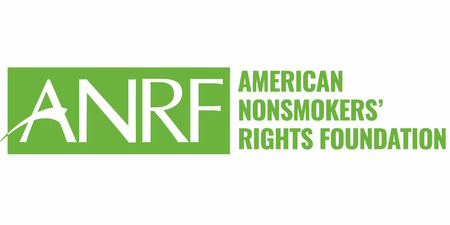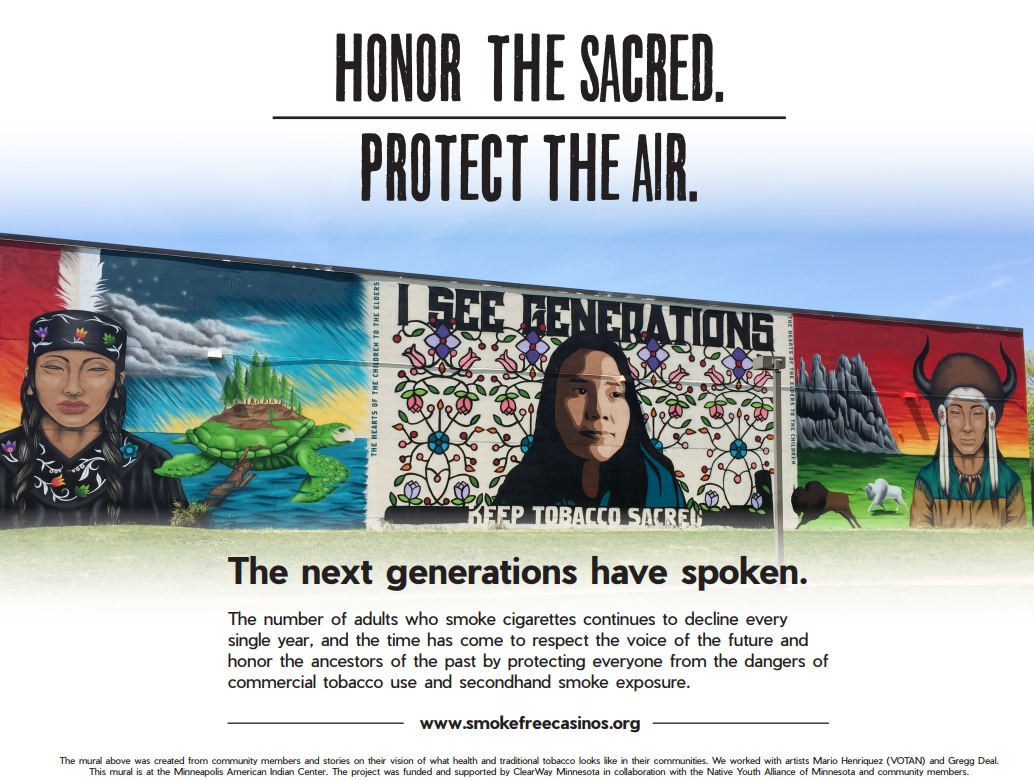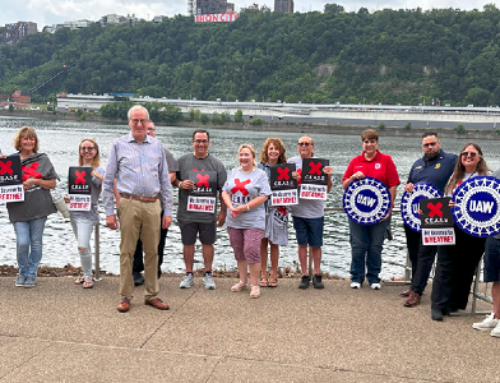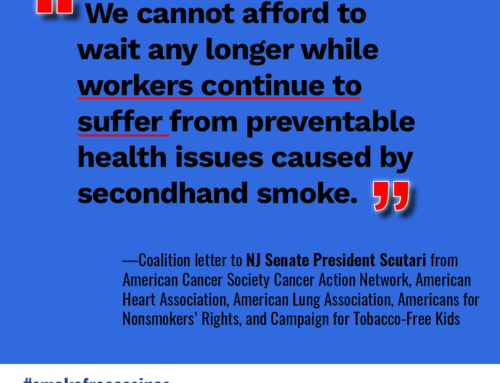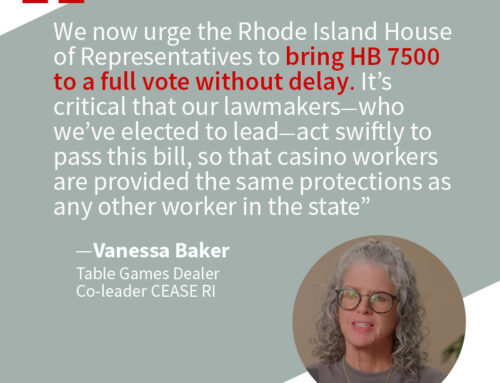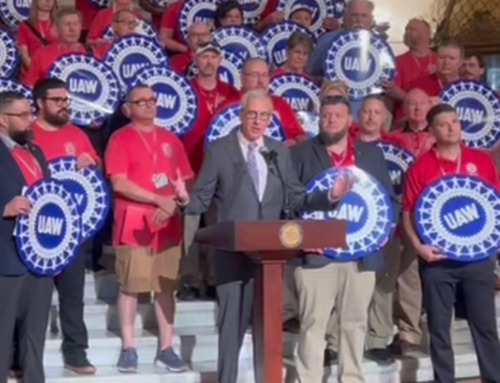In response to the latest threat to Tribal public health, COVID-19, many Tribal casinos in the U.S. are closing their doors for the first time since opening in the late 1980s and early 1990s. Tribal leaders were forced to unplug a vital lifeline to their economies, which primarily sustains Tribal health clinics and other public service programs, to protect their patrons and employees from unclean air where lethal germs may be lurking.
Public health advocacy organizations, such as the American Nonsmokers’ Rights (ANR) Foundation, have advocated for clean air for decades, pointing to the fact that clean air establishments promote business development and growth, and protects the health and safety of workers and gaming patrons. The ANR Foundation has proudly worked with both smoking and nonsmoking Tribal casinos throughout Indian Country and is committed to assisting Tribes build healthy spaces in every corner of their community.
Cynthia Hallett, ANR Foundation CEO and President said, “A right to clean air doesn’t just encompass the right to smokefree air”, which is a stark reminder of how fragile shared indoor breathing spaces are and how important clean air is. Tribal citizens deserve clean air and healthy spaces. Tribal leaders are uniquely equipped, given sovereign status, with the authority to create laws and make decisions that will ultimately protect the health of Tribal citizens.1
There are endless examples of how Tribes are responding to the coronavirus, including the decision to close Tribal casinos. Like many other businesses, there is fear around the financial repercussions that closing, even temporarily, will inevitably bring. Reuters reported that the National Indian Gaming Association requested Tribes receive $18 billion from upcoming federal aid in order to curtail gaming losses.2 Countless other Tribal entities are also in Washington, DC advocating that Tribes receive the resources and funding needed to combat the likelihood of a coronavirus outbreak.
Uncertainty is shadowing everyone during the COVID-19 pandemic, but the federal government is entrusted to the 574 federally recognized Tribes by law. In the 19th century, Tribes ceded millions of acres of land in exchange for provisions and legal rights that guarantee the health and wellbeing of Tribal citizens indefinitely.3 Tribes also contribute a large portion of their gaming funds to the U.S., in exchange for simply exercising Tribal sovereignty via operating casinos on Tribal land.
In 2018, the American Gaming Association reported that Tribes paid over $15 billion to the U.S. in compacts required by the terms negotiated in the 1988 Indian Gaming Regulation Act. The 74 Tribal casinos in California contributed $3.5 billion in compacts alone. Furthermore, in the same year, Tribes paid $36.2 billion in wages to their 676,428 full-time casino employees.4 Suffice to say, Tribes make significant contributions to the U.S. economy, and they should not face an uncertainty of funding for putting the health of their nation first.
American Nonsmokers’ Rights Foundation stands with the 574 federally recognized Tribes and the other non-recognized Tribes in the U.S. currently taking precautionary measures into their own hands and utilizing sovereignty to ensure Indian Country remains financially, physically, and spiritually well.
Written by Clinton Isham
Lac du Flambeau Tribal citizen
ANR Foundation Consultant
- Shelly McDonald-Sia Davis-Linda Tassin, “An Issue of Sovereignty” National Congress of State Legislatures, https://www.ncsl.org/research/state-tribal-institute/an-issue-of-sovereignty.aspx
- Andrew Hay, “As American Indian Casinos Close For Coronavirus, Industry Seeks $18 Billion Aid” Reuters, https://www.reuters.com/article/us-health-coronavirus-usa-nativeamerican/as-american-indian-casinos-close-for-coronavirus-industry-seeks-18-billion-aid-idUSKBN214467?fbclid=IwAR1mr25_wPssS4U5gKTkpI74NcDFhWpzUI9KrXUB6rNtK9mgLjp_o5rKANQ
- “Modernizing the Trust: Redefining The United States-tribal Government-to-government Relationship And Advancing Trust Asset Reform”, National Congress of American Indians
http://www.ncai.org/conferences-events/ncai-events/Trust_Modernization_Principles_and_Short_Term_Goals_FINAL_10_15_15.pdf - “The Economic Impact of Tribal Gaming: A State-By-State Analysis”, American Gaming Association
https://www.americangaming.org/resources/the-economic-impact-of-tribal-gaming-a-state-by-state-analysis-2/
